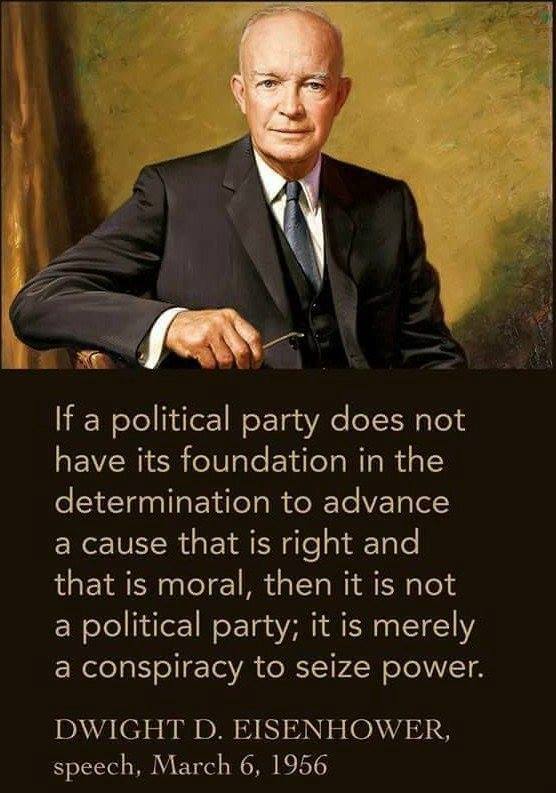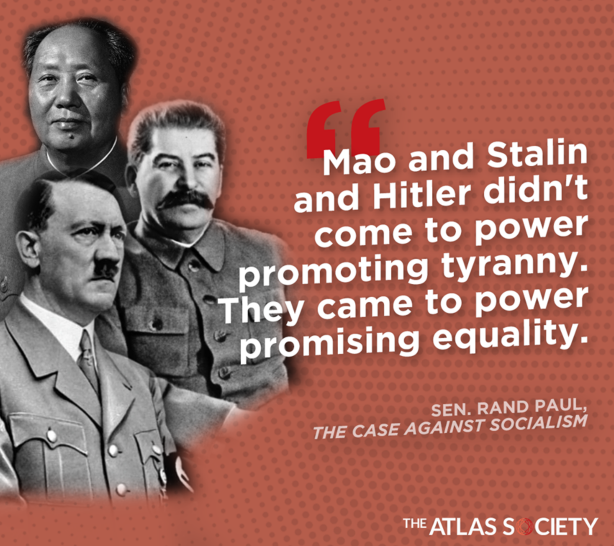02 March 2014
Either - Or: Big Government or Children
Big Government is often partly justified as necessary to provide services to children, but rarely do people think about the effect that Big Government has on whether people decide to have and raise children at all. The USDA estimated in 2013 that a child born in 2011 to a US couple with a middle income will cost the parents $241,080 to raise to the age of 18. This does not even include any costs for a college education or a failure to launch with 36% of 18 -31 year olds living in their parents homes in 2012. Both of those costs have been increasing rapidly in recent years, while the median inflation-adjusted family income has fallen by $4,000 a year since 2000.
Now, we know that fertility rates are sensitive to a couples' economic security and their available resources. Fertility rates dropped sharply in the US during the Great Depression. Fertility rates dropped due to the back to back 1958 and 1960-1961 recessions. They dropped substantially during the economic malaise of the late Nixon, the Ford, and the Carter years. The fertility rate has dropped since 2008 as well. We know that recent efforts of France and Sweden to decrease the cost of raising children have resulted in an increase in the fertility rates. In December 2011, the Pew Research Center found that 22% of 18 -34 year olds said they were delaying having children for economic reasons.
So what do you think the effect of the great increase in government spending relative to the size of the economy has been on the fertility rate given that the increased spending came at the expense of transferring wealth from the private sector that pays child-raising expenses to the government sector? The plot of the sum of federal, state, and local government spending from 1950 to 2013 as a percentage of the Gross Domestic Product (GDP) is shown below:
In 1950, the birthrate per 1000 people was 24.1, in 1970 it was 18.4/1000 people, in 1990 it was 16.7/ 1000 people, and in 2009 it was 13.8/1000 Americans. Total government spending in 1970 was much higher than in 1950, then again increased greatly by 1990 and still more in 2009. The fertility rate fell substantially with each of those jumps in total government spending. Now, I am not claiming this is the only effect on fertility rates, but it is a very logical one and the evidence is that it is a substantial effect.
But, the median household income in 2012 according to the Bureau of the Census was $51,371 a year. At a 38% total tax on this income, the governments are taking $351,378 from this household over the course of 18 years. To be sure, the family with the median income is paying less in taxes than the average tax rate, but this is probably made up by increased costs they pay for goods and services as tax costs are transferred to them and inflation caused by the government deficits over the years. Supporting Big Government is the equivalent of raising about 1.5 children for 18 years. This has to affect the calculation on how many children to have.
Big Government also saps the ability of the private sector to increase worker productivity by reducing private investment in productive equipment, new facilities, and worker training. It reduces the number of new start-up companies. The result is an economy which instead of growing in real per capita terms of 4% per year, stagnates to zero growth in real per capita terms as we have seen for the last 5 years. The governments largely caused the recession and have kept the private sector from growing us out of the recession. It helps tremendously when a married couple can have confidence that their income will exceed an average per capita increase of 4% compounded over 20 years as they add their own increasing experience and skills by the time the child they might choose to have is in the middle of his college education. It is much, much easier to undertake having a child with economic growth than if there is no growth due to government-induced stagnation.
In 2012, the average American woman was giving birth to 1.88 children in her lifetime. This is well below the replacement rate of 2.1 children per woman. This means that minus immigration into the US, the population would be decreasing over the long run at this birthrate. That means a lowered number of future productive workers in the US and an increasing number of retired people and people on major entitlements per worker in the US. This means very wrenching problems of sustainability for the many Big Government entitlement programs.
It also means that many people who otherwise would be enjoying raising children cannot do so because so much of their income is being diverted to Big Government. That impact on families is not spread evenly across the country. Couples earning more than $105,360 in the urban northeastern US will spend $446,100 per child. This is also an area of the country with a particularly high cost of state and local governments. Imagine the effect on the decision whether to have children or not? On the other hand, families earning less than $61,590 per year in rural areas will spend less than $143,160 on the first 18 years of raising a child. These rural areas usually have a lower tax expense. All of these factors make for interesting calculations on whether to become parents.
Anna and I raised three children and sent one to college for 4.5 years, one to college for 4 years, and one to college for 1.5 years, while living in the Northeast. It was a hugely expensive proposition which many people will not attempt.
Though many Malthusians are very happy to see low birthrates, the rising population of the world has been consistently combined with an increased standard of living around the world. The USA is a particularly sparsely settled land, most of which has been reverting to wild lands as our agricultural prowess has increased so that less land was needed for farmland. The foolish government mandate requiring ethanol additions to gasoline has recently interfered with that trend toward using less and less land for farming. Of course, the trend of less and less land for food production has continued. The innovations of the developed countries have also led to fewer and fewer problems with polluted air and water. What we are losing with low birthrates is many keen, productive minds which would otherwise enrich our lives and advance civilization.
Now, we know that fertility rates are sensitive to a couples' economic security and their available resources. Fertility rates dropped sharply in the US during the Great Depression. Fertility rates dropped due to the back to back 1958 and 1960-1961 recessions. They dropped substantially during the economic malaise of the late Nixon, the Ford, and the Carter years. The fertility rate has dropped since 2008 as well. We know that recent efforts of France and Sweden to decrease the cost of raising children have resulted in an increase in the fertility rates. In December 2011, the Pew Research Center found that 22% of 18 -34 year olds said they were delaying having children for economic reasons.
So what do you think the effect of the great increase in government spending relative to the size of the economy has been on the fertility rate given that the increased spending came at the expense of transferring wealth from the private sector that pays child-raising expenses to the government sector? The plot of the sum of federal, state, and local government spending from 1950 to 2013 as a percentage of the Gross Domestic Product (GDP) is shown below:
In 1950, the birthrate per 1000 people was 24.1, in 1970 it was 18.4/1000 people, in 1990 it was 16.7/ 1000 people, and in 2009 it was 13.8/1000 Americans. Total government spending in 1970 was much higher than in 1950, then again increased greatly by 1990 and still more in 2009. The fertility rate fell substantially with each of those jumps in total government spending. Now, I am not claiming this is the only effect on fertility rates, but it is a very logical one and the evidence is that it is a substantial effect.
But, the median household income in 2012 according to the Bureau of the Census was $51,371 a year. At a 38% total tax on this income, the governments are taking $351,378 from this household over the course of 18 years. To be sure, the family with the median income is paying less in taxes than the average tax rate, but this is probably made up by increased costs they pay for goods and services as tax costs are transferred to them and inflation caused by the government deficits over the years. Supporting Big Government is the equivalent of raising about 1.5 children for 18 years. This has to affect the calculation on how many children to have.
Big Government also saps the ability of the private sector to increase worker productivity by reducing private investment in productive equipment, new facilities, and worker training. It reduces the number of new start-up companies. The result is an economy which instead of growing in real per capita terms of 4% per year, stagnates to zero growth in real per capita terms as we have seen for the last 5 years. The governments largely caused the recession and have kept the private sector from growing us out of the recession. It helps tremendously when a married couple can have confidence that their income will exceed an average per capita increase of 4% compounded over 20 years as they add their own increasing experience and skills by the time the child they might choose to have is in the middle of his college education. It is much, much easier to undertake having a child with economic growth than if there is no growth due to government-induced stagnation.
In 2012, the average American woman was giving birth to 1.88 children in her lifetime. This is well below the replacement rate of 2.1 children per woman. This means that minus immigration into the US, the population would be decreasing over the long run at this birthrate. That means a lowered number of future productive workers in the US and an increasing number of retired people and people on major entitlements per worker in the US. This means very wrenching problems of sustainability for the many Big Government entitlement programs.
It also means that many people who otherwise would be enjoying raising children cannot do so because so much of their income is being diverted to Big Government. That impact on families is not spread evenly across the country. Couples earning more than $105,360 in the urban northeastern US will spend $446,100 per child. This is also an area of the country with a particularly high cost of state and local governments. Imagine the effect on the decision whether to have children or not? On the other hand, families earning less than $61,590 per year in rural areas will spend less than $143,160 on the first 18 years of raising a child. These rural areas usually have a lower tax expense. All of these factors make for interesting calculations on whether to become parents.
Anna and I raised three children and sent one to college for 4.5 years, one to college for 4 years, and one to college for 1.5 years, while living in the Northeast. It was a hugely expensive proposition which many people will not attempt.
Though many Malthusians are very happy to see low birthrates, the rising population of the world has been consistently combined with an increased standard of living around the world. The USA is a particularly sparsely settled land, most of which has been reverting to wild lands as our agricultural prowess has increased so that less land was needed for farmland. The foolish government mandate requiring ethanol additions to gasoline has recently interfered with that trend toward using less and less land for farming. Of course, the trend of less and less land for food production has continued. The innovations of the developed countries have also led to fewer and fewer problems with polluted air and water. What we are losing with low birthrates is many keen, productive minds which would otherwise enrich our lives and advance civilization.
Subscribe to:
Post Comments (Atom)
































































No comments:
Post a Comment